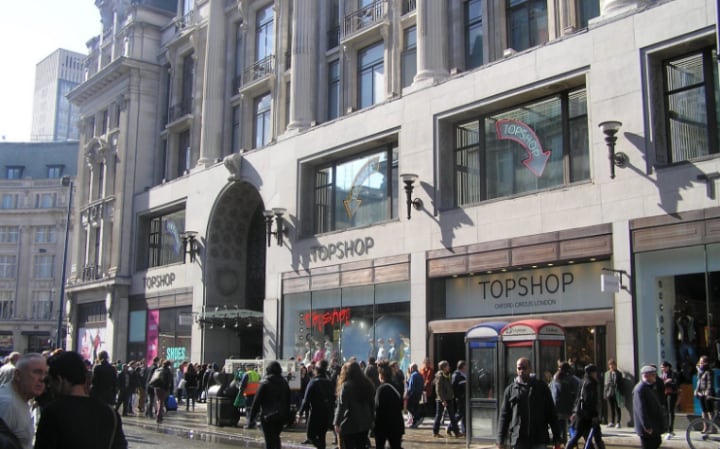Franchising, retail, business

12/01/2017
High street shops including Marks & Spencer are secretly tracking the movements of their customers using their smartphones, it has emerged.
Companies such as footwear supplier Dune, Morrisons and Topshop are among major retailers taking advantage of new technology which picks up the pings emitted by phones as they look for wi-fi networks to join.
The ceilings of many major stores now contain small white receiver boxes which are continuously gathering data.
The shops use the data not only to record the numbers of their customers, but also to see where they move about in the shop, so they can alter the layout to make walking between departments more convenient, or steer customers towards goods they may have missed.
Some retailers have even started sending location-based adverts direct to smartphones of customers as they move around the store, while some Westfield shopping malls now send discounts on the spot if a shopper checks the price at a rival store.
Many stores also offer free wi-fi, but only if customers provide personal details or agree to terms and conditions which allow access to their online search history and give permission for their movements to be tracked, or details to be shared with third parties.
However privacy campaigners say that customers are often unaware that they are being ‘watched’ through the mobile phone and are calling on stores to put up notices, in the same way that people are warned that they are on CCTV.
“It’s a huge problem, and most people don’t even know that their own phone is being used to monitor them,” said Renata Samson, the Chief Executive of Big Brother Watch.
“In some big shopping malls, you are actually being tracked from shop to shop.
“Shops will say they are just trying to make the experience more personalised and better, but why aren’t there signs warning people that it is happening, like for CCTV?
“When you login there need to be explicit opt-in procedures so people know what they are signing up for and can say whether they want their data to be used for analysis.
“Not only is it an invasion of privacy but it’s a security risk. Nobody knows how safe these networks are, and who is to say that the wi-fi network you join is legitimate.”
The Finnish company Walkbase recently used its wi-fi analytics technology to monitor customers at Morrisons, to find out why people were abandoning baskets before reaching the checkout. They discovered that there were too few staff serving during peak periods, leading to shopper frustration.
Topshop, another Walkbase client, changed its opening hours at its London Oxford Street flagship store, based on data taken from phones of customers, who had not logged onto the store’s wi-fi network. It also used smartphone data to check whether customers in fitting rooms were more likely to buy clothes if a call bell was fitted, so they could select alternative sizes.
Alex Hanson, the regional controller for Arcadia, which owns Topshop said they had ‘only touched the tip of the iceberg’ of what the data could provide.
Marks & Spencer is also currently trialling similar technology at four of its larger stores, although would not reveal which ones.
A spokeswoman for Marks & Spencer said: “We’re trialling this technology in four stores at the moment and it’s really looking at footfall and time spent in store, and where that smartphone is moving.”
Ed Armishaw head of customer acquisition at Walkbase said: “Through the anonymous detection of Wi-Fi signals emitted from smartphones, retailers now have the ability to far better understand shopper behaviour in-store.
“Everything from where they go, what they look at, how long they engage with a product and whether all this ultimately results in a sale, can all be anonymously monitored and used to make each experience more personal.”
Apple and Google are also about to launch indoor-location services to retailers so that shoppers can be directed not just to stores, but also to the aisles and shelves that they are looking for.
The wi-fi analytics industry is expected to be worth around £19 billion within five years, according to market experts.
Fonte:http://www.telegraph.co.uk/science/2016/12/27/high-street-shops-secretly-track-customers-using-smartphones/